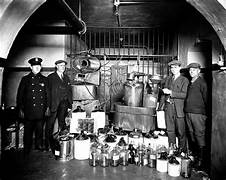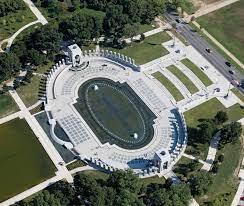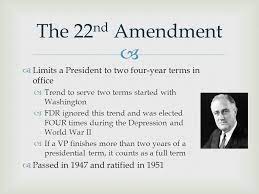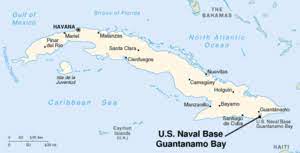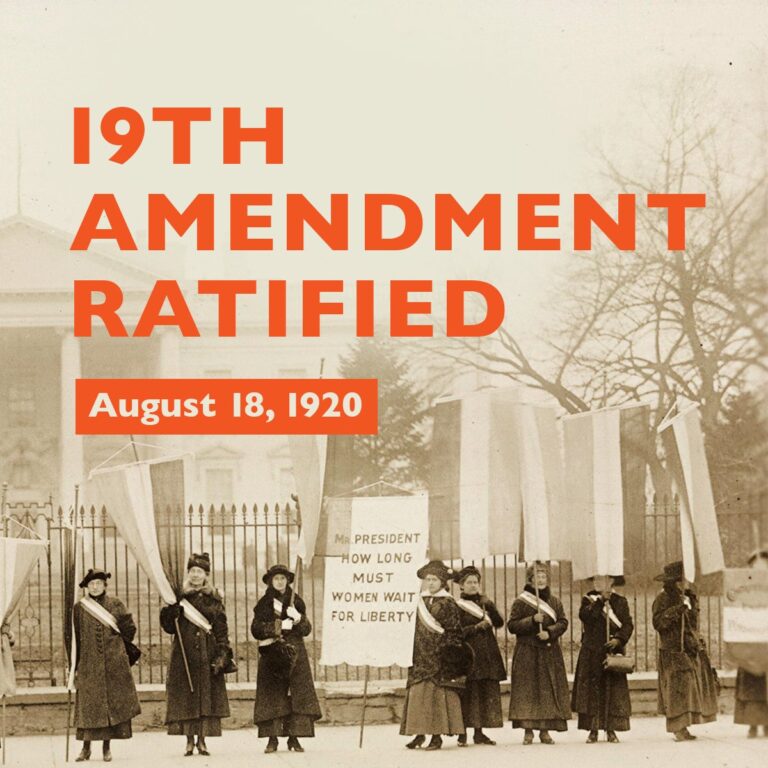On November 5, 1920, the United States witnessed one of the most notorious incidents of the Prohibition era: the liquor raid at the National Wholesale Liquor Dealers’ Association (NWLDA) warehouse in Detroit, Michigan. This raid, commonly known as the "Whiskey Row Raid," was a significant event in the enforcement of the newly implemented 18th Amendment, which prohibited the manufacture, sale, and transportation of alcoholic beverages.
The 18th Amendment, ratified in January 1920, ushered in the era of Prohibition in the United States. The amendment aimed to reduce crime, corruption, and social problems associated with alcohol consumption. However, instead of achieving its intended goals, Prohibition led to the rise of illegal alcohol production, bootlegging, and the emergence of organized crime syndicates.
The NWLDA warehouse raid in Detroit was a joint operation conducted by federal agents and local law enforcement. Acting on a tip, the authorities believed that the warehouse held a large supply of illegal alcohol. When the raid commenced, it quickly turned into a chaotic and violent scene.
As the officers attempted to confiscate the alcohol, they were met with resistance from armed guards hired by the NWLDA. Gunfire erupted, and a fierce gun battle ensued. The raid resulted in the deaths of seven individuals, including four agents from the Bureau of Prohibition, and numerous others were injured.
The Whiskey Row Raid garnered significant media attention and became a symbol of the challenges faced by law enforcement in enforcing Prohibition. The event highlighted the escalating violence and resistance encountered by authorities attempting to enforce the ban on alcohol.
The raid also exposed the corruption and collusion between law enforcement officers and criminal organizations. It was later revealed that some of the officers involved in the raid had been bribed by the NWLDA to protect their operations. This revelation further eroded public trust in the effectiveness and integrity of Prohibition enforcement.
The Whiskey Row Raid had a lasting impact on the public perception of Prohibition. The violence and corruption associated with the raid contributed to growing disillusionment with the law. Many Americans began to question the effectiveness of Prohibition, as it seemed to generate more problems than it solved.
The incident also served as a catalyst for the organized crime syndicates, such as the notorious Detroit-based Purple Gang, who saw the lucrative opportunity to profit from the illegal alcohol trade. The raid further fueled the rise of bootlegging and speakeasies, as individuals sought ways to circumvent the ban on alcohol.
Ultimately, the Whiskey Row Raid and similar incidents across the country highlighted the failure of Prohibition in achieving its intended goals. The ban on alcohol proved to be unenforceable and led to an increase in criminal activity, corruption, and public unrest. These factors, combined with mounting public pressure, eventually led to the repeal of Prohibition with the ratification of the 21st Amendment in 1933.
